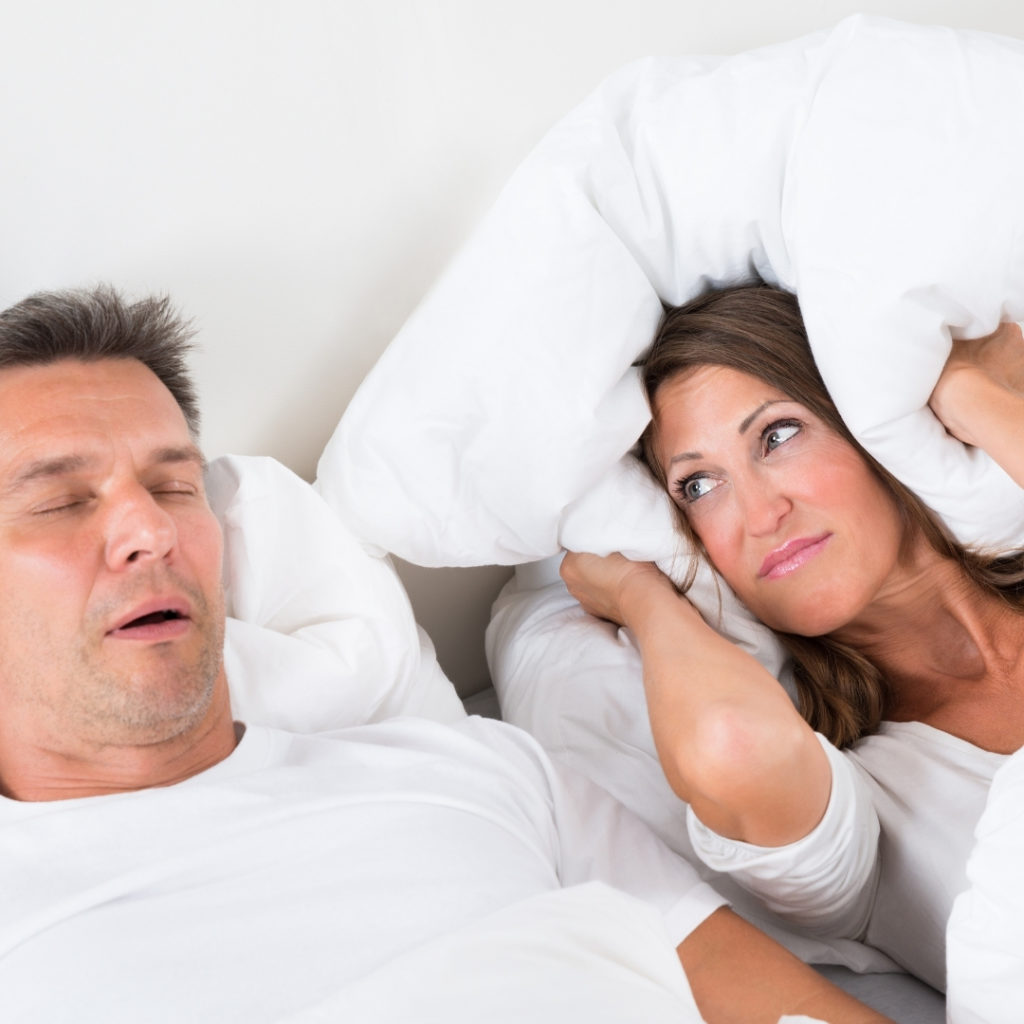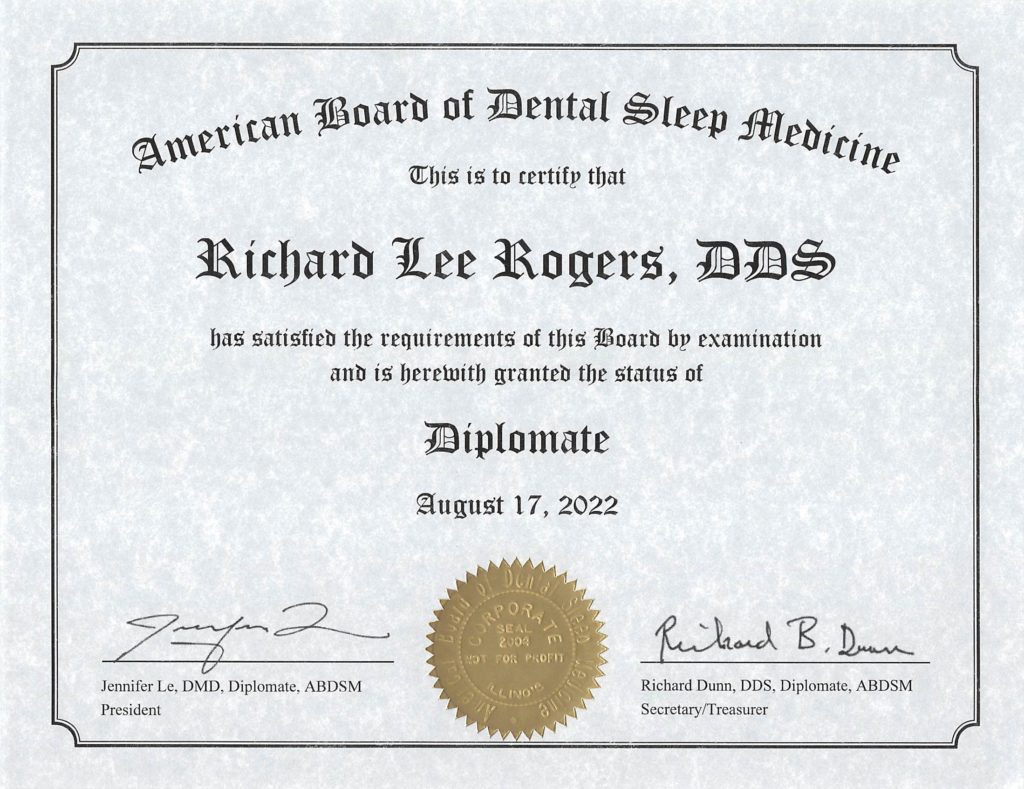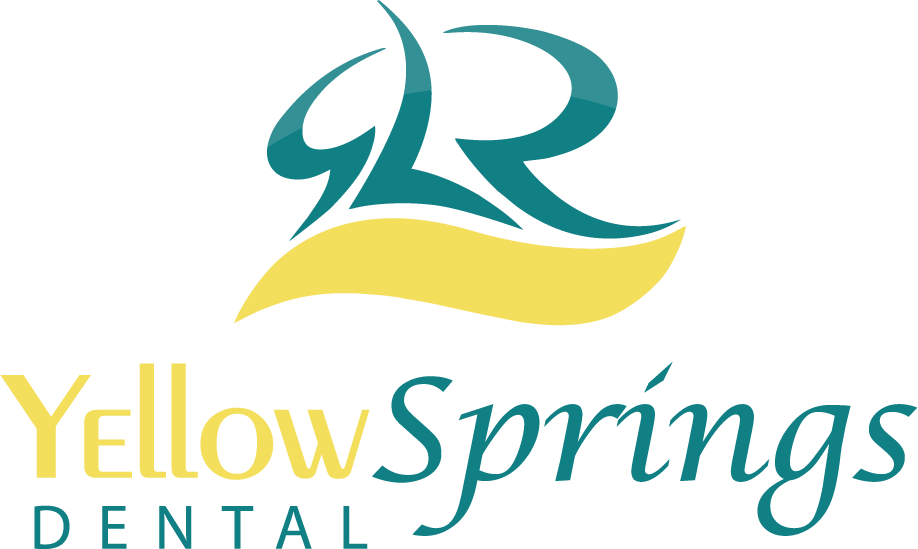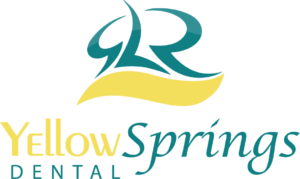Snoring & Sleep Apnea
Snoring & Sleep Apnea

You know it instinctively: A good night’s sleep is essential for good health. It makes you feel rested and ready to take on the world. Yet many people don’t get the sleep they need. Sometimes this is related to sleep-related breathing disorders (SRBD) — their own, or those experienced by their sleeping partners.
SRBD is characterized by recurrent episodes of reduced or interrupted respiratory airflow. This is caused by soft tissues near the back of the throat collapsing during sleep so that they partially close off the windpipe. These tissues — the tongue, for example — can vibrate as air passes by, causing snoring. Snoring is often worsened sleeping on one’s back because this encourages the lower jaw to slip back, which in turn pushes the tongue in front of the airway.
Loud snoring often disturbs the person in the bed who isn’t the one doing it, robbing him or her of vital sleep. The snorer, on the other hand, may seem to be slumbering peacefully, but this might not actually be the case. Chronic loud snoring is a common symptom of Obstructive Sleep Apnea (OSA; “a” – without; “pnea” – breath), which occurs when the upper airway is blocked to the point of causing significant airflow disruption, or even no airflow whatsoever for 10 seconds or more. This can be dangerous as reduced airflow into the lungs lowers blood-oxygen levels.
A person with sleep apnea may wake 50 or more times per hour — that’s almost once a minute! — without having any memory of it. These awakenings, called micro-arousals, last just long enough to restore muscle tone to the airway so the individual can breathe. Unfortunately, all those micro-arousals preclude deep and restful sleep.

What to Look Out For
Obstructive Sleep Apnea is a serious matter as it can lead to heart problems and other health issues. It’s possible you may have OSA if you snore and also suffer from any of the following:
- Excessive daytime sleepiness
- Irritability
- Poor memory/confusion
- Accident proneness
- Night sweats
- Morning headaches
- High blood pressure
- Obesity
Dr. Rogers is a Diplomate of the ABDSM
What is a Diplomate of the ABDSM?
Dentists who are Diplomates of the ABDSM have demonstrated that they have the skills and knowledge essential for the delivery of excellent patient care. The ABDSM believes higher standards for dental sleep medicine translate into better care for patients and greater accountability. The ABDSM credential is widely recognized as the gold standard for excellence in dental sleep medicine.
Established in 2004, the American Board of Dental Sleep Medicine (ABDSM) is an independent, self-designated, nonprofit testing organization of dentists who treat snoring and obstructive sleep apnea with oral appliance therapy. Today, more than 1000 ABDSM Diplomates are providing quality treatment for patients across the country. The ABDSM designates an individual who meets its requirements as a Diplomate of the American Board of Dental Sleep Medicine.
The purpose of the ABDSM is to test knowledge and clinical proficiency in dental sleep medicine, which includes oral appliances and upper airway surgery to treat sleep-related breathing disorders such as snoring, upper airway resistance syndrome (UARS) and obstructive sleep apnea (OSA). It does not represent a new specialty of dentistry or medicine, nor does it grant or imply any legal qualification, privilege or license to practice. Rather, it simply recognizes those dentists duly licensed by law who have successfully completed the certification requirements established by the ABDSM.
Dentists who are Diplomates of the ABDSM have demonstrated to referring physicians, peers and the public that they have the skills and knowledge essential for the delivery of excellent patient care. The ABDSM believes higher standards for dental sleep medicine translate into better care for patients and greater accountability. The ABDSM credential is widely recognized as the gold standard for excellence in dental sleep medicine.
Richard L Rogers DDS
D.American Board of Dental Sleep Medicine

How Dentistry Can Help
By now you’re probably wondering: What does my dentist have to do with all this? Here’s the connection: Snoring or sleep apnea can sometimes be treated with an oral appliance available at the dental office that’s designed to hold the lower jaw forward during sleep. This repositioning of the jaw moves the tongue away from the back of the throat, reducing the potential for obstruction. This treatment is backed by a great deal of scientific evidence; it’s a good remedy to try before moving on to more complicated breathing devices or surgery to remove excess tissues in the throat.
Only a dentist can fabricate, fit, adjust, monitor, and treat complications associated with Oral Appliance Therapy used in managing SRBD. So if you or a loved one is experiencing any combination of the signs and symptoms mentioned above, a consultation with a dental professional is a good idea.

